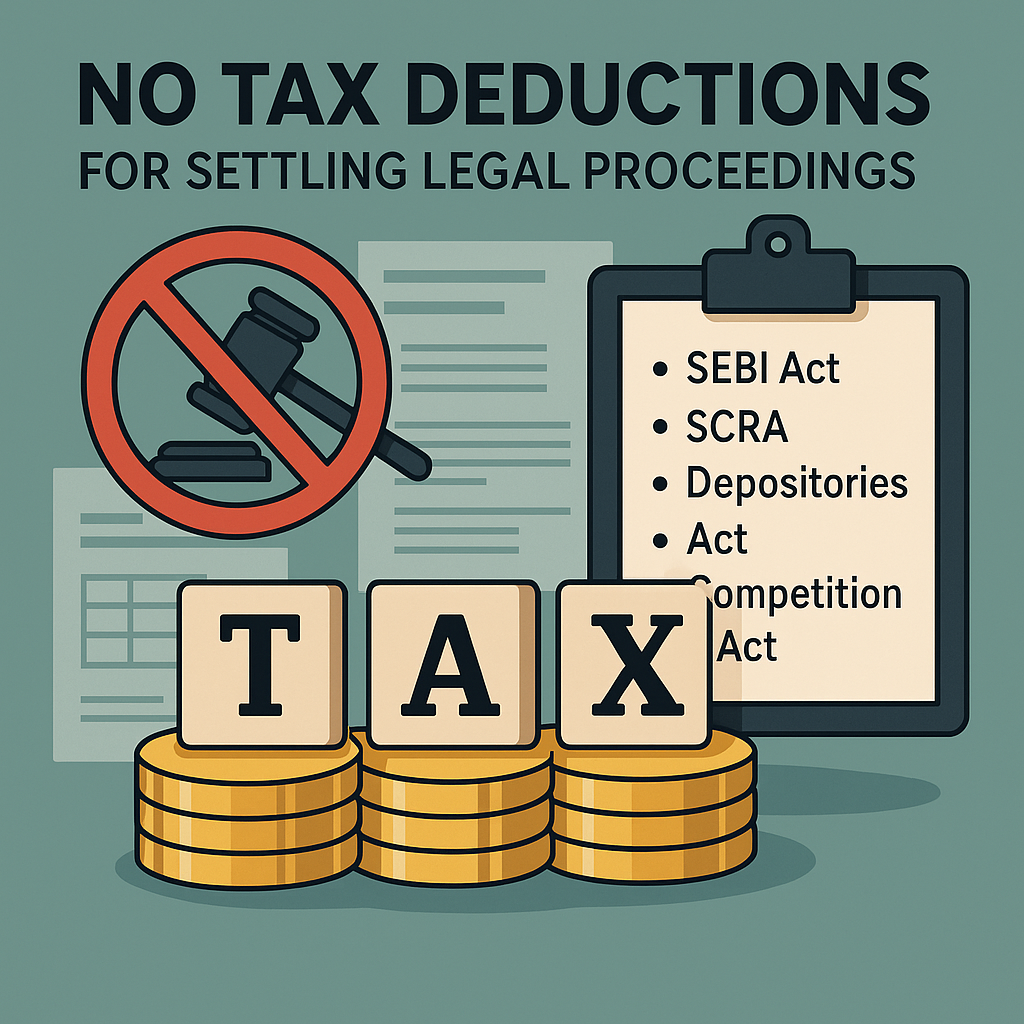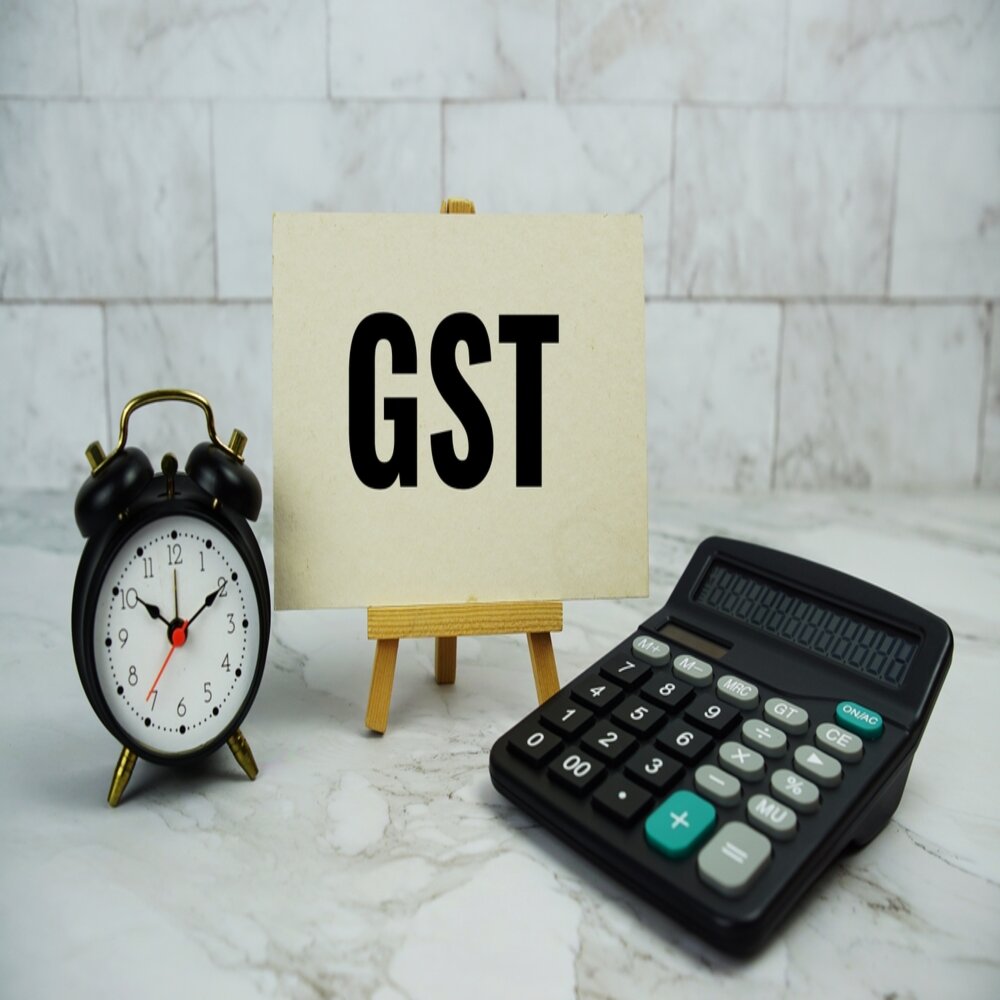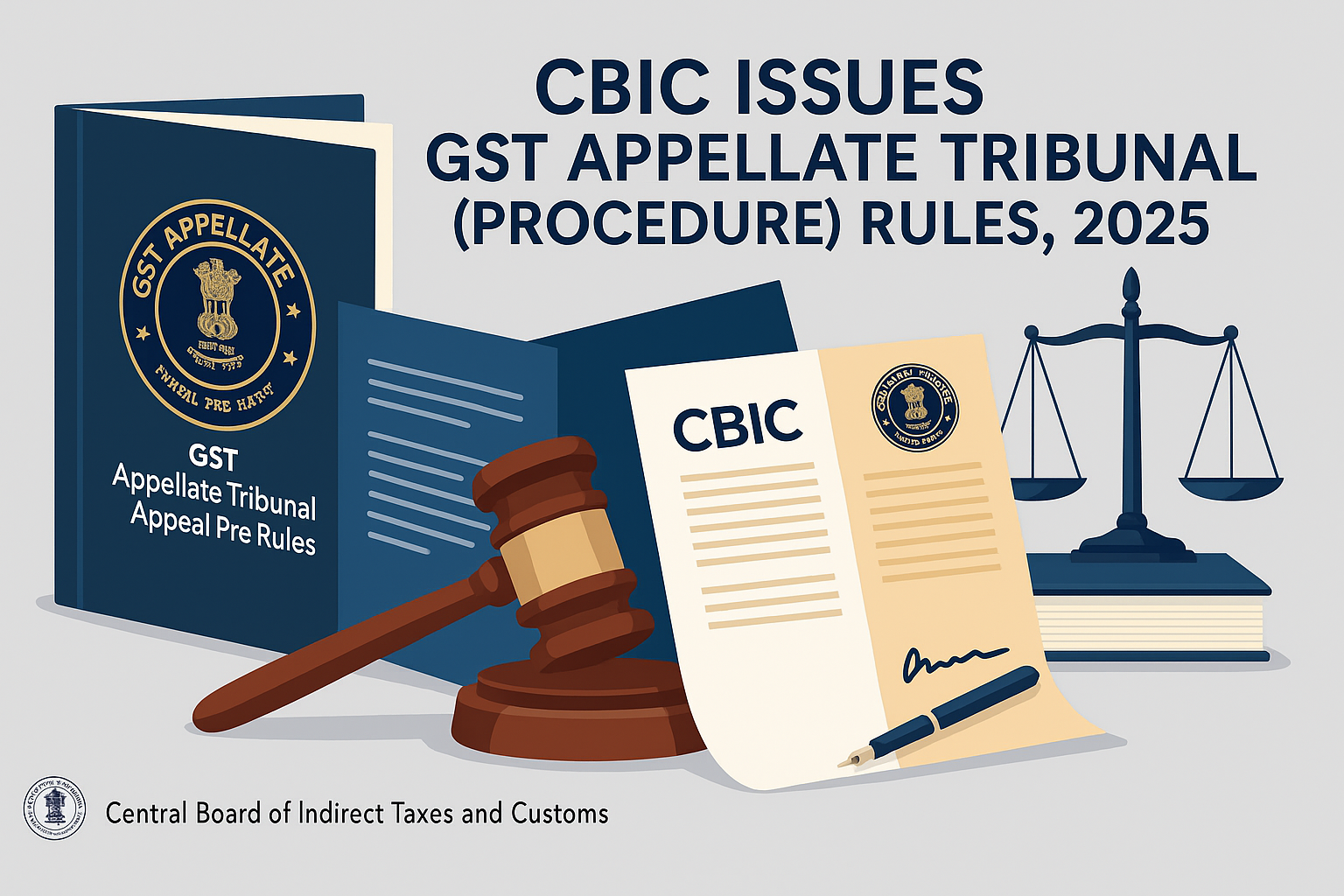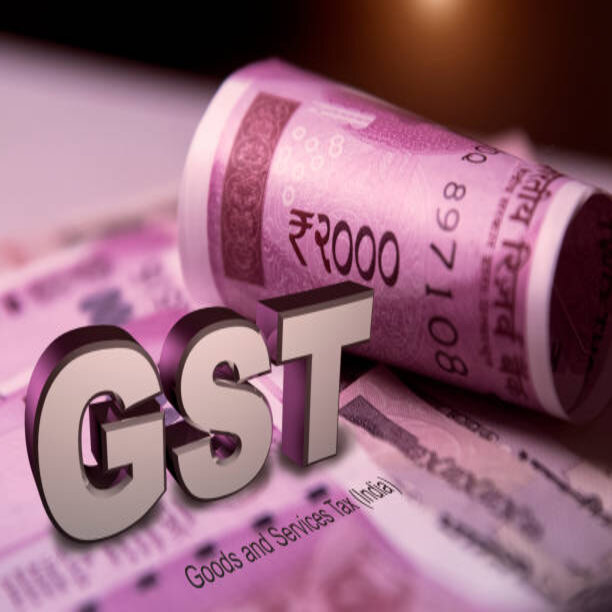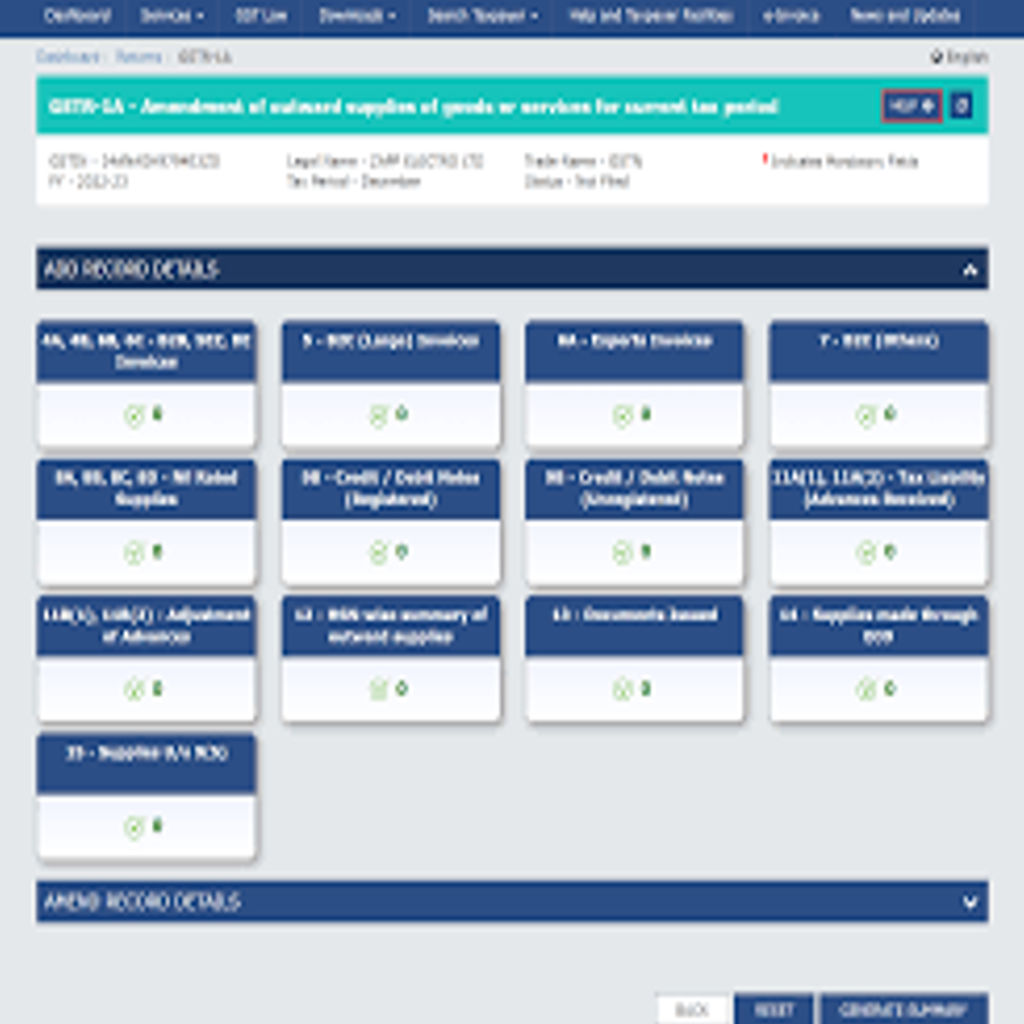To streamline compliance and improve the accuracy of GST returns, the Goods and Services Tax Network (GSTN) has introduced significant changes in the reporting mechanism of Table 3.2 of GSTR-3B, applicable from the April 2025 tax period onwards.
Table 3.2 deals with inter-state supplies made to unregistered persons, composition taxpayers, and UIN holders. This table plays a crucial role in capturing tax liabilities on such supplies accurately, based on the outward supplies reported in GSTR-1, GSTR-1A, or IFF.
————————————————————————————————————————–
Key Highlights of the Advisory
1. Auto-population of Table 3.2
- Table 3.2 of GSTR-3B captures values from inter-state supplies declared in GSTR-1, GSTR-1A, and IFF.
- These values are auto-populated based on the corresponding supply details already reported in Table 3.1 & 3.1.1 of GSTR-3B.
————————————————————————————————————————–
2. Table 3.2 to Become Non-editable
- From the April 2025 tax period, the auto-populated data in Table 3.2 of GSTR-3B will be non-editable.
- Taxpayers will no longer be able to manually change or correct these values in GSTR-3B.
This means GSTR-3B must be filed with system-generated values only in Table 3.2.
————————————————————————————————————————–
3. Rectifying Incorrect Auto-populated Data
- If any discrepancy is found in the auto-populated values of Table 3.2 after April 2025, taxpayers can make corrections only through the following methods:
- By amending relevant entries via Form GSTR-1A, or
By filing amended or corrected data in Form GSTR-1 or IFF for subsequent tax periods.
There will be no provision to rectify errors directly in GSTR-3B after the auto-population process.
————————————————————————————————————————–
4. Ensuring Accuracy in GSTR-3B
To ensure that GSTR-3B reflects accurate tax liabilities:
- Taxpayers must ensure correct and consistent reporting in GSTR-1, GSTR-1A, or IFF.
These filings form the basis of the auto-populated values in Table 3.2 of GSTR-3B.
- Accuracy in these forms will lead to compliance-ready, auto-generated values without the need for post-filing amendments.
————————————————————————————————————————–
Frequently Asked Questions (FAQs)
Q1. What changes are introduced in Table 3.2 of GSTR-3B from April 2025?
From April 2025, values in Table 3.2, related to inter-state supplies to unregistered persons, composition taxpayers, and UIN holders, will be auto-populated and non-editable in GSTR-3B.
————————————————————————————————————————–
Q2. How can I rectify errors in Table 3.2 of GSTR-3B after April 2025?
If incorrect values are auto-populated, amendments must be made through Form GSTR-1A or in GSTR-1/IFF filed in subsequent tax periods.
————————————————————————————————————————–
Q3. What should I do to ensure correct values in Table 3.2?
Ensure accurate reporting of inter-state outward supplies in GSTR-1, GSTR-1A, or IFF. The system uses these forms to derive auto-populated values in Table 3.2.
————————————————————————————————————————–
Q4. Until when can I make amendments using GSTR-1A?
Form GSTR-1A can be filed after GSTR-1 and till the time of filing GSTR-3B. Thus, amendments to Table 3.2 can be made up to the moment of filing GSTR-3B.
————————————————————————————————————————–
This update is part of GSTN’s broader initiative to improve automation, transparency, and accuracy in return filings. Taxpayers are encouraged to verify data in GSTR-1/IFF carefully before filing and utilize GSTR-1A promptly if corrections are needed. Staying aligned with these changes will ensure compliance and prevent delays in return submissions.
For more details and official notifications, please visit the GST Portal.

